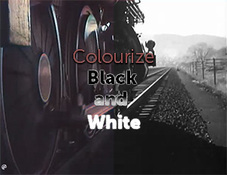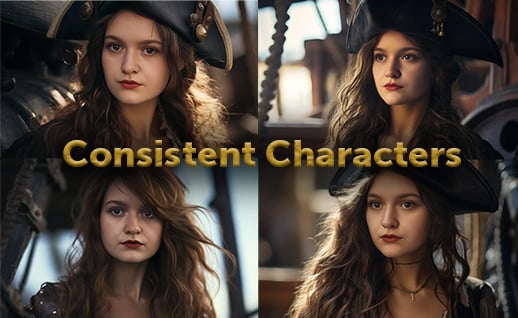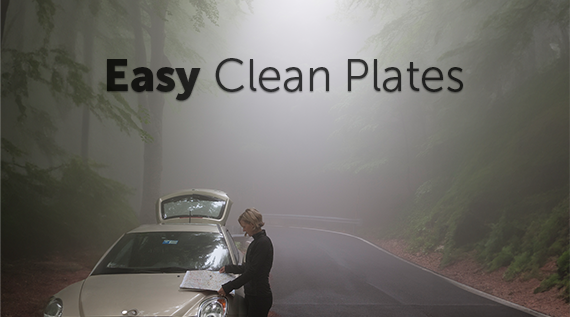Stock can help you tell better stories, elevate and reinforce your brand values, and impress your audience. It can get your business noticed by helping you create videos that people actually want to watch. Patrick Lor, CEO of Dissolve, explains.
Where? The kinds of videos suited to stock
Literal, non-fiction videos
If you’re explaining the facts and figures about your company or product, stock can turn boring points into beautiful visuals. “We ship worldwide … ” “We serve seniors at home or in care facilities … ” “Sustainably sourced from local fishermen … ”.
Fictional or anecdotal videos
If you’re trying to inspire or paint a picture – in everything from a scripted film to a broadcast commercial to a digital short – stock can help you. “If you’re lost in a jungle of choices … ” “Today’s parents are busier than ever … ” “Time was, we grew our own fruits and vegetables…”.
When? When stock is the right choice
When you care about copyright and clearances.
Pro tip: you should always care about copyright and clearances. Trustworthy footage suppliers clearly indicate whether you have permission to use clips in commercial settings, and whether the clip has been cleared in terms of model and property releases (contrary to “found” or public footage).
When you’re in hurry.
You can incorporate stock footage into storyboarding. To save you time and money, look for opportunities to use stock instead of shooting custom, right from the planning stage. You can also incorporate stock at editing to flesh out scenes, add emotion, or add polish and (literal) fireworks.
When you’re on a tight budget.
Shooting custom video adds up quickly. If you add models, exotic locations, and high-end camera techniques, prices can get astronomical. Check out the posts on the Notch Video blog, “How much did that video cost?” for examples. Our video for Goodpin was created on a budget of around $7500, including stock and video-editing costs.
When you’re promoting a service, an image, or a vibe, rather than a very specific product.
If you’re selling a proprietary product, people want to see it in use. Stock can’t explicitly show your product or your real-life office. (That said: if you’re selling a software product, our clips of green-screen touch-screen devices let you easily insert your specific software screenshots into video in very convincing ways.)
Stock is best suited to bigger truths, like reflecting people’s lifestyles, establishing a look or vibe, and taking viewers on a visual journey.
Stock is also great for services and consultants whose customers might not want to appear on camera: consider divorce or accident lawyers, pharmaceutical products, and the like.
How? The ways stock can help
Good stock footage can have a nearly magical, transformative effect on your video storytelling. How? Here are but four ways.
1. By fleshing out missing scenes
Are abrupt scene changes confusing your audience? Didn’t shoot enough B-roll to flesh out your story? Continuity problems? Stock footage can help. See how in this short commercial.
2. By symbolizing or emphasizing the unseen
Something missing from your movie? Stock footage can help you say it. Show emotions, states of mind, time passing — lifetimes of cinematic symbolism.
3. By adding interest, polish, and professionalism
You might have a great cause and script, but if people can’t get past the ho-hum talking head, they might not watch. See the difference adding stock clips makes to the Goodpin explainer video.
4. By showing what you say, either literally or figuratively
Whether you’re using voiceovers or text, stock footage can help amplify your message. See what we mean in this short commercial.
If you’re thinking about stock, or have any questions, contact our researchers. They can help you from the brainstorming stage to final-edit, OMG-the-video-is-due-tomorrow stage.
Posted by
Jon Parker
.png)
.png)
.png)




